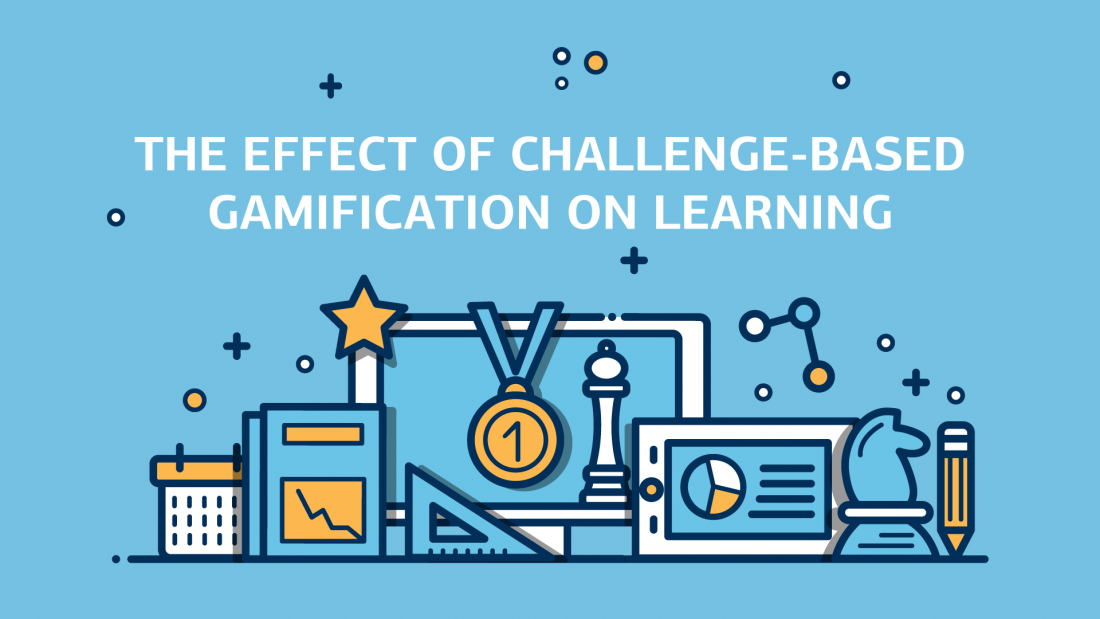
Gamification for better understanding of statistics
The lack of statistical and data literacy has been deemed one of the main causes behind our inability to act against great challenges of our times such as climate change or COVID-19 pandemic or to create a sustainable future in the direction of SDG 2030. The acceleration of the daily data production, and the ever-greater capacity to store and process this information have brought a ton of data through which we can get insight about the world around us and prepare a well-founded future. However, people are still discouraged to gain statistical knowledge, ignoring that through data and facts we can be familiar with reliable news, understand research, and eventually make sense of the world. Even students are often reluctant to participate in the respective courses because they find the topics too complex and demanding, although statistics and predictive analytics skills are of high demand at industry or at societal level.
While the educational sector in the field of statistics has these barriers to overcome, gamified educational applications such as Duolingo, Ribbon Hero, and Kahoot and Quizizz have been applied in many education-related contexts, showing the potential of gamification in improving the learning outcomes and engaging the audience. In this direction, the challenge-based gamification (e.g. points, levels, leaderboard, clear goals/ tasks) has been suggested and applied to a high degree in practice as gamification design in statistics education with promising results. However, there is still a lack of effective design guides and empirical data on the combination or integration of these features in the context of educational information systems. Challenge-based gamification introduces a design approach of integrating achievement gamification features, positively related to intrinsic need satisfaction, in an educational service or application, in order to explore its potential, motivate users and eventually improve learning.
In this direction, in a recently-published study, we investigated the effects of the challenge-based gamification on learning in the area of statistics education. We developed a gamification approach, called Horses for Courses, which is composed of main game design patterns related to the challenge-based gamification; points, levels, challenges and a leaderboard. Having conducted a 2 (read: yes vs. no) x 2 (gamification: yes vs. no) between-subject experiment for the last four years, we present a quantitative analysis of the performance of 365 students from two different academic majors: Electrical and Computer Engineering (n=279), and Business Administration (n=86). The results of our experiments show that the challenge-based gamification had a positive impact on student learning compared to traditional teaching methods (compared to having no treatment and treatment involving reading exercises). The effect was larger for females or for students at the School of Electrical and Computer Engineering. The greatest improvements take place when gamification is combined with traditional methods such as reading, however even simply integrating a gamified application into a lecture benefits students. Our findings position the challenge-based gamification as an important educational tool regarding students’ learning outcomes in statistics, contributing to the knowledge of challenge-based gamification’s effect on statistics/stem education and eventually on gamified pedagogy (Legaki et al., 2020).
Gamification for better understanding of statistics
Reference: Legaki, N. Z., Xi, N., Hamari, J., Karpouzis, K., & Assimakopoulos, V. (2020). The effect of challenge-based gamification on learning: An experiment in the context of statistics education. International journal of human-computer studies, 114. https://doi.org/10.1016/j.ijhcs.2020.102496
See the paper for full details:
Abstract
Gamification is increasingly employed in learning environments as a way to increase student motivation and consequent learning outcomes. However, while the research on the effectiveness of gamification in the context of education has been growing, there are blind spots regarding which types of gamification may be suitable for different educational contexts. This study investigates the effects of the challenge-based gamification on learning in the area of statistics education. We developed a gamification approach, called Horses for Courses, which is composed of main game design patterns related to the challenge-based gamification; points, levels, challenges and a leaderboard. Having conducted a 2 (read: yes vs. no) x 2 (gamification: yes vs. no) between-subject experiment, we present a quantitative analysis of the performance of 365 students from two different academic majors: Electrical and Computer Engineering (n=279), and Business Administration (n=86). The results of our experiments show that the challenge-based gamification had a positive impact on student learning compared to traditional teaching methods (compared to having no treatment and treatment involving reading exercises). The effect was larger for females or for students at the School of Electrical and Computer Engineering.




Sorry, the comment form is closed at this time.